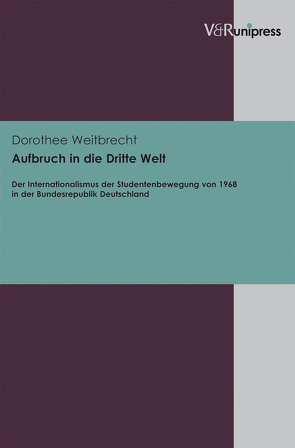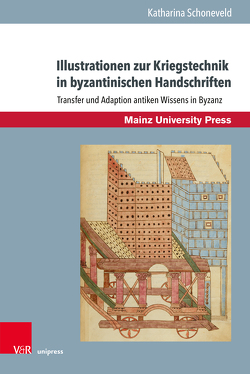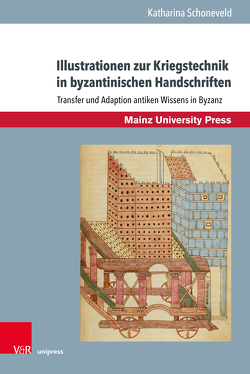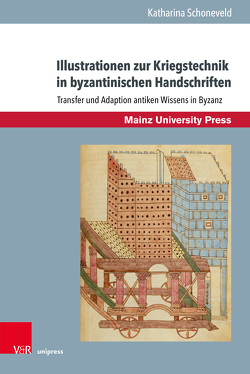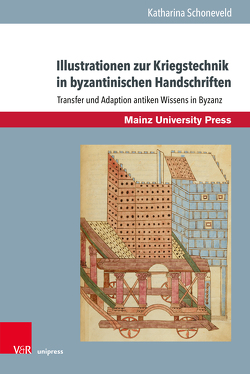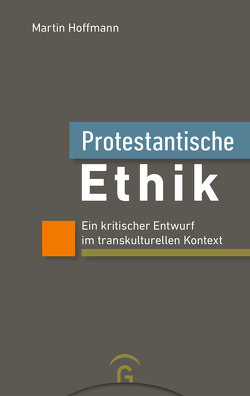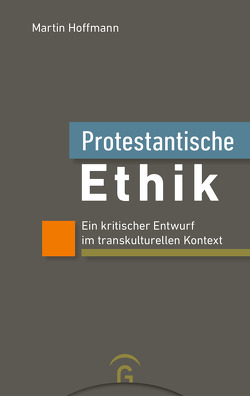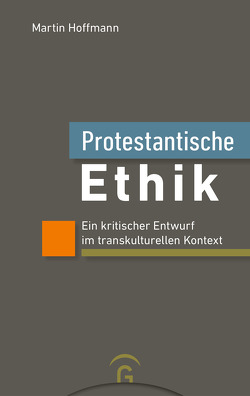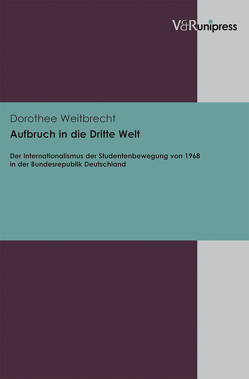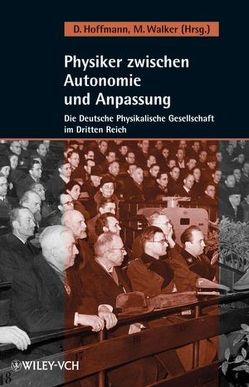Aufbruch in die Dritte Welt
Der Internationalismus der Studentenbewegung von 1968 in der Bundesrepublik Deutschland
Dorothee Weitbrecht
In the 1960s West Germany experienced a process of change in civil society. One of the progresses in the context of increasingly global economic and political relations was the growing awareness of external problems and developments. This trend was supported by the student movement of “1968”. Not only the Third-World-Movement of the 1970s but also later founded NGO’s are rooted in the transnational solidarity of “1968”. The demand of the students for worldwide political and social justice started as an ideational and publicly demonstrated solidarity and led to cross-border motion and active involvement. The author describes the constitutive factors of the rise of a Third-World-Solidarity in West Germany. She shows that several influences were significant for the dynamics of this protest field: Historical motives, international events and role models, intercultural exchange and an international avant-garde played an important part, as well as the correlation between students, critical representatives of the protestant church and the new ecumenical movement. Together with similar goals, the participation of Christians in the German student movement was one of the elements they shared with leftist protests in other countries, for example in Latin America.
